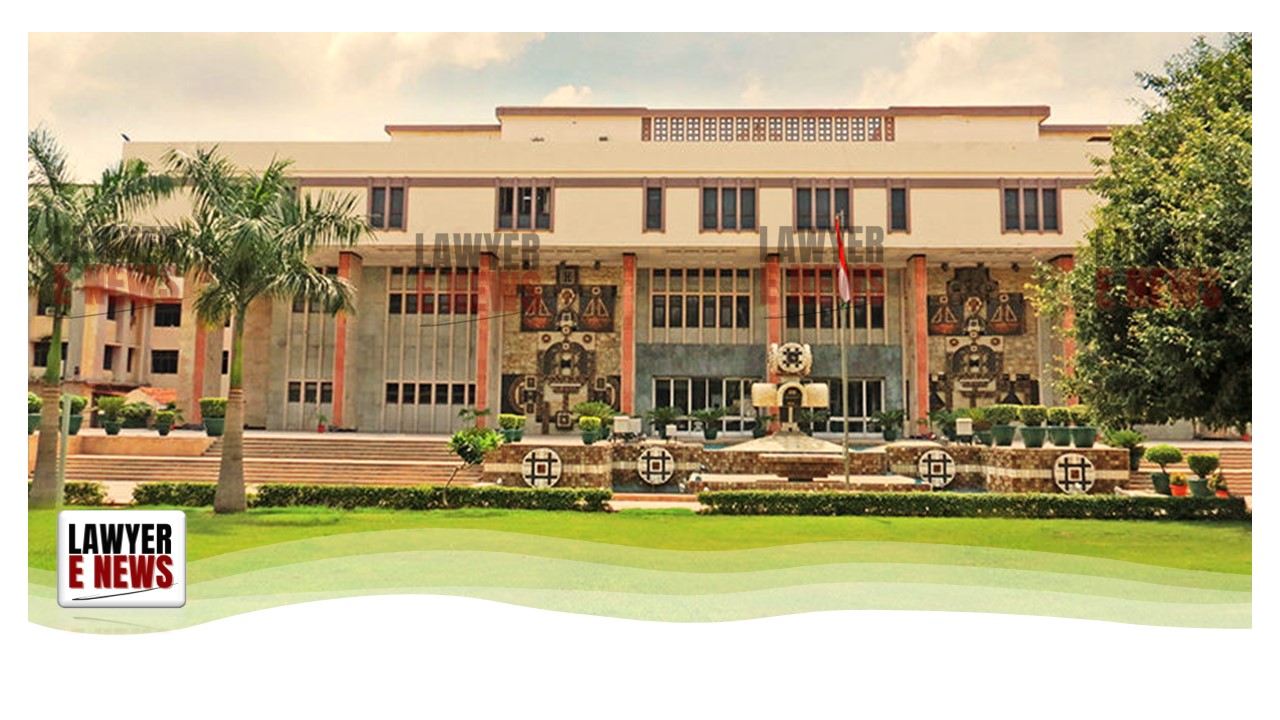-
by Admin
15 February 2026 5:35 AM



“Vilification of Judiciary to Settle Personal Scores Cannot Go Unpunished,” Rules Delhi High Court. On November 6, 2024, the Delhi High Court convicted Sanjeev Kumar, an advocate, for criminal contempt in Court on Its Own Motion v. Sanjeev Kumar (CONT.CAS.(CRL) 5/2024). The conviction stemmed from Kumar’s repeated derogatory and scandalous allegations against judicial officers, aimed at discrediting the judicial process in personal litigation involving matrimonial disputes. Kumar's comments in court proceedings, filed complaints, and abusive chat messages during virtual hearings ultimately led to his four-month imprisonment and a fine.
Sanjeev Kumar initially filed complaints regarding alleged criminal incidents involving his wife’s family, which were dismissed by lower courts due to lack of evidence and her denials. Dissatisfied, Kumar accused judicial officers across multiple courts of bias and corruption, filing over 30 complaints against judges, police, and other public officials. His allegations included unverified claims and disrespectful language, which he continued to escalate despite warnings.
Derogatory Conduct During Proceedings: Kumar's statements included comments in virtual hearings and submissions calling judges biased and accusing them of deliberate misconduct, often framing his allegations in offensive terms. Notably, during one hearing, he accused a judge of negligence for allegedly ignoring his case due to caste prejudice.
Repeated Attempts to Disrupt Judicial Process: The Court highlighted Kumar's repeated misuse of legal provisions, such as filing baseless complaints under Section 156(3) of CrPC, to intimidate and discredit judicial officers. Such misuse, according to the court, detracted from judicial efficiency and eroded respect for the judiciary.
Violation of Professional Conduct: Justice Prathiba M. Singh emphasized that Kumar's behavior not only undermined judicial decorum but was also unacceptable for a practicing advocate, highlighting the expectation of professionalism from members of the legal fraternity.
The Court found Kumar’s actions constituted criminal contempt as defined under Section 2(c) of the Contempt of Courts Act, 1971, stating:
“The contemptuous conduct... scornfully disregards the judiciary’s dignity, hindering the administration of justice”.
Considering his lack of remorse, the Court sentenced Kumar to four months of simple imprisonment and imposed a fine of Rs. 2,000, with a further 15-day imprisonment for non-payment. Kumar’s request for suspension of his sentence to approach the Supreme Court was denied, given his continued vilification campaign against the judiciary.
This ruling reinforces judicial intolerance toward baseless allegations that aim to discredit judicial integrity and obstruct justice. The Delhi High Court’s decision underscores the judiciary’s commitment to uphold the respect of courts and maintain public confidence in the judicial system.
Date of Decision: November 6, 2024
